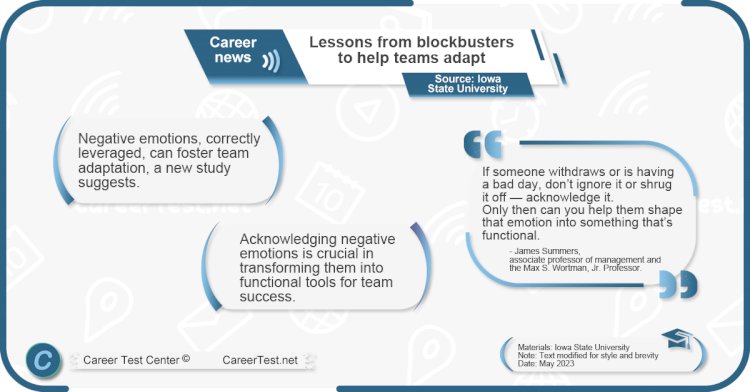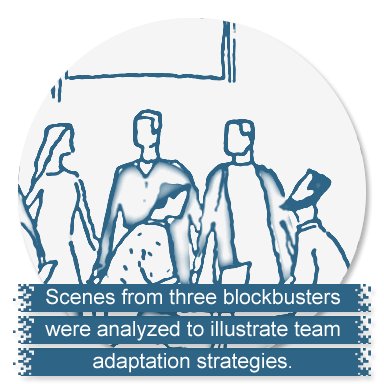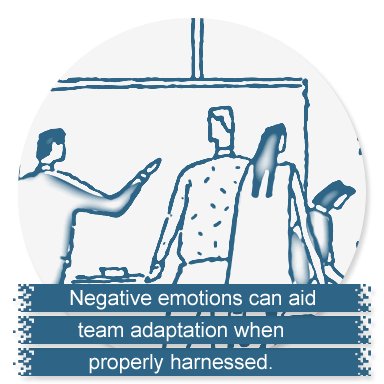Lessons from blockbusters to help teams adapt
Leveraging negative emotions can aid team adaptation and success, finds study.

Summary
In a recent study, experts at Iowa State University and the University of Tennessee argue that negative emotions, if harnessed correctly, can help teams overcome challenges and adapt successfully. These findings draw from an analysis of three iconic movies.

Introduction
We like to believe in our ability to think rationally and make sound decisions, especially in the face of significant changes. However, when negative emotions run high, our cognitive processes can become impaired. This has led to a consensus within the realm of work teams' literature that emotions should be managed or regulated.
Main points
- In "Braveheart," William Wallace uses humor, shared identity, and an appeal to shared values to shift his soldiers' fear into outward anger, driving them to victory. This suggests that transitioning from one negative emotion to another can be beneficial in certain circumstances.
- "Remember the Titans" depicts a team moving from non-functional negative emotions to functional ones. When players argue about their roles, Coach Boone rallies them around a common goal, replacing infighting with cooperation.
- On the other hand, "Wolf of Wall Street" shows the failure to leverage negative emotions effectively. Despite knowing he needs to adapt, Jordan Belfort succumbs to his emotions and maintains the status quo, ultimately leading to his company's downfall.

Conclusion
The researchers recommend acknowledging negative emotions when they arise in the workplace. Rather than dismissing or ignoring them, understanding and guiding these emotions can turn them into functional tools for team adaptation and success. Thus, contrary to traditional beliefs, negative emotions, when managed appropriately, could be a potential driving force in overcoming disruptions and fostering long-term success.
Source and credits
Materials: Iowa State University
Note: text modified for style and brevity
Date: May 2023
Research reference
Academy of Management Review, 2023

 vneo
vneo 











